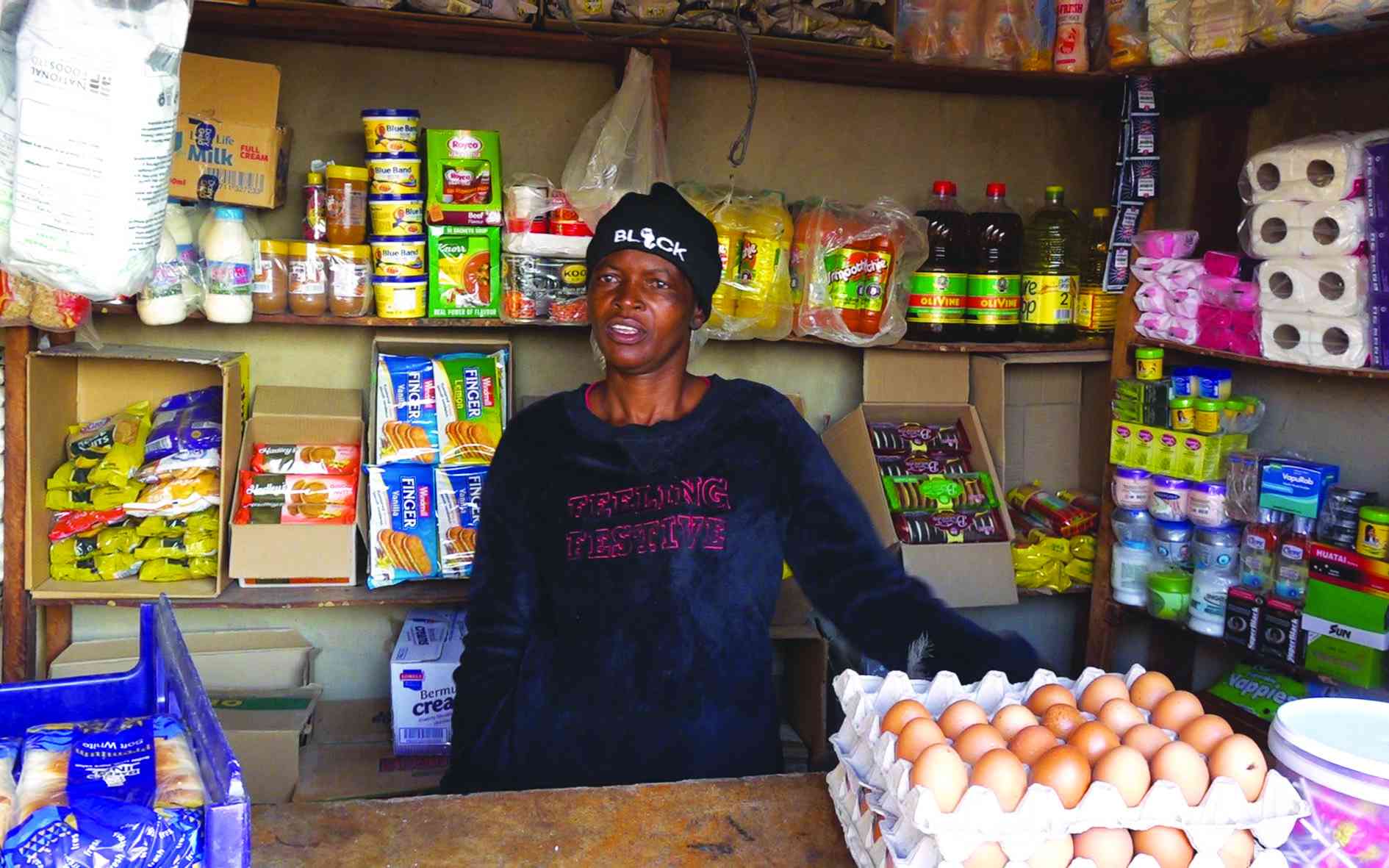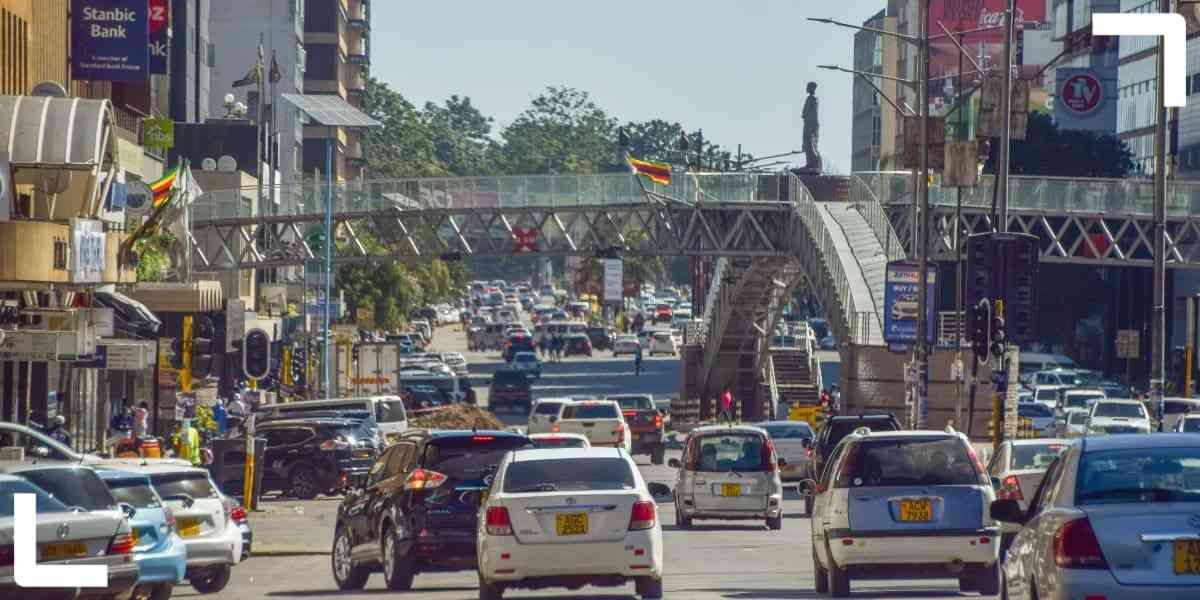THE arrest of the son of senior politicians in the country dominated the past week’s news headlines. It isn't easy to form an opinion on the matter without having read the charge sheet. However, the arrest raised eyebrows over what is potentially cooking in the corridors of power. Is this the beginning of a new chapter of political change in the country?
The arrest has triggered debate over the sincerity of the current ruling politicians towards the national development cause. For starters, they have over the past four decades maintained the narrative that they fought for the country’s liberation and development. Secondly, they have always argued that only they have national interests at heart more than anyone else to the extent of deploying State apparatus to retain power.
Two decades after the country underwent the chaotic land reform, monetary policy has remained one of the biggest headaches. This is not because of a lack of a solution, but all efforts to stabilise the monetary situation have been thwarted and undermined by the same people who appoint the reserve bank governors to solve the problem. What a double standard.
While democracy has its flaws, the current leadership has mastered the art of circumventing its tenets. But at the end of the day, it is national interests that should underlie everyone’s conduct. There is no pride in being one of the leading producers of minerals in the world and yet there is nothing to show for them. In any case, it shows a huge weakness. A mindset that prides itself in starving and impoverishing its own, while feeding neighbours. That is the state of the political situation today.
The Zimbabwean situation feels like a dead-end because of a political system that is resistant to change and progress and a leadership that is devoid of national interests. It is a system that is not ashamed of its failures and attributes all problems it has caused to other forces than itself. Blame games do not address problems; accountability and responsibility do.
While the colonial system was worse, one factor it prioritised was economics and wealth creation. As countries were being invaded, the main agenda was exploiting economic opportunities for the development of their economies back home. Even as some of the colonialists decided to cut ties with their home countries and settle in the colonies, business investment and economic development remained at the forefront.
Keep Reading
- I rejected Zanu PF scarf: Burna Boy
- NMB workers take on employer
- Mbavara eyes to resurrect Matavire’s music legacy
- I rejected Zanu PF scarf: Burna Boy
Economics was put ahead of politics and most of the first colonial political structures at all levels were based on the preservation and protection of economic interests. So were the negotiations for independence. They knew that politics alone would not yield adequate power and influence unless backed by strong economies. Economic activities generate wealth from which public funds are raised to support political and governance systems. Politics alone without wealth is weak.
Focusing on economics helps people to get involved in productive activities with the expectation that their efforts will be rewarded today and in the future. The more wealth people generate, the more they are likely to feel obliged to contribute to social and national development on the understanding that they need services and that they entrust their political leadership to deliver on those.
On the other hand, politics is about the flow of power and its use in public administration or lack thereof, while economics is about the flow and distribution of wealth. Politics without wealth, in many cases, results in autocracy and abuse of power. This is simply because when the people are hungry and yet they see their ability to exploit the available potential to address their challenges is hindered by power and politics, they are forced to protest and the political system deploys State power to quell dissent.
When people are hungry, they have limited choices. They either fight to change their situation or die; they comply until they are impoverished and die or find ways of surviving outside the confines of their political system until the system destroys itself. Zimbabwe seems to be at the last stage where no one is bothered about national politics anymore. Most people just want to find ways of surviving with the hope that one day the dominant political system will either change or will destroy itself.
That is a very sad situation especially when one looks at the potential the country possesses. Liberating the country from colonialism should not have been the end of the project but the beginning. The reason blood and lives were lost during the war was to liberate and develop the people and not to liberate and impoverish them.
The war of liberation was a collective effort to which many families committed their members and resources just to witness the day when a black person could be seen as an equal human being. Now it seems that the agenda has been lost amid greed and corruption that has pushed people into abject poverty and desperation making some of them think that the colonial system could have been better.
It is never too late to reform and allow the country to develop. The first step begins with accepting failure and allowing new ideas to take over. The second step is to strategise how the country can make use of what it has and make the best of it. As it stands, it is embarrassing that every Zimbabwean who has fled the country in search of better economic opportunities is treated much worse than they endured during the colonial period.
Tapiwa Gomo is a development consultant based in Pretoria, South Africa. He writes here in his personal capacity.





